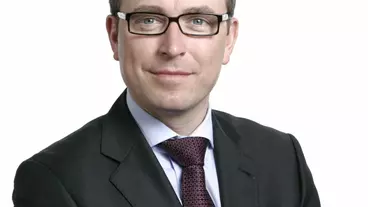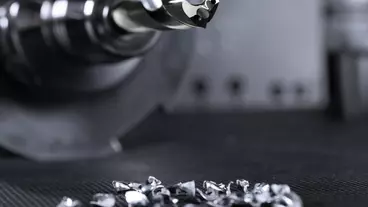World trade in die casting machines stagnates in 2021

In the course of 2021, world exports of die casting and gravity die casting machines stagnated at a low level.
According to Cemafon (The European Foundry Equipment Suppliers Association world exports of die-casting and low pressure die-casting machines stagnated at a low level, having slumped by over 25 % in the previous year due to the pandemic. According to preliminary estimates, these amounted to a total value of 675 m EUR. The development of exports from the Cemafon countries also follows this pattern. The average value remained at a comparatively low 251 m EUR.
China leads in world trade
Last year, among the ten most important supplier countries, only China recorded growth. Exports from the country increased by almost 17 % to 146 m EUR. Exports from Japan, Italy, Germany and Switzerland, on the other hand, remained at the previous year's level. US exports declined for the second time in a row (minus 34 %). Japan, however, remains the world's largest exporter in 2021 with exports worth just under 157 m EUR
Market share of Cemafon countries for die-casting and low pressure die-casting machines at 37 %
The value of the equipment exported by Cemafon die-casting and low pressure die-casting machine manufacturers totalled 251 m EUR in 2021. This puts their share of the global market at around 37 %t. From the perspective of the Cemafon manufacturers, particularly, investments in the USA and Asia declined last year. While the share of exports to EU27 countries increased by 2 % and to Latin American countries by 5 % compared to the previous year, the export shares towards the USA decreased by 3 % and towards Asia by 5 %.
The so far complex situation in the value chains which impacts the investment behaviour of the foundries (especially as well the non-ferrous metal foundries) has been further aggravated in recent months by the war in Ukraine. Market shifts in the automotive industry - both geographically and technologically - are encountering corona-related and structural supply bottlenecks, which affect the foundry machinery industry and its customer sectors equally, as well as the increased raw material and energy prices.
Decarbonisation promises better market opportunities
The EU Commission's business survey confirms that material and equipment shortages will continue to hamper production in many industrial companies in the second quarter of 2022, especially in the mechanical engineering sector. In summary, the war in Ukraine, disrupted supply chains, the Corona pandemic and higher inflation rates are the main downside risks to current forecasts.
“Despite the satisfactory order situation, die-casting technology manufacturers cannot escape these risks. In the medium and long term, however, further opportunities for Cemafon manufacturers will arise from the global goals for decarbonisation of the entire casting ecosystem”, commented Timo Würz, General Secretary of Cemafon.
About Cemafon
Cemafon founded in 1972. The members are the national European associations and thus all the major manufacturers of foundry machinery and plant, furnaces and products for the European foundry industry. The association represents the economic and technical interests of its members worldwide, provides information and creates a platform for the exchange of opinions on a European level.

At the Hydro Capital Markets Day 2023, Hydro outlined a part of its decarbonization roadmap and sets its sights on green aluminium transition, powered by renewable energy.

The demands for efficiency in production still remain high: high machining volumes must be achieved quickly, reliably and economically.

Abu Dhabi Future Energy Company PJSC – Masdar and Emirates Global Aluminium team up to work on aluminium decarbonisation and low-carbon growth opportunities.
